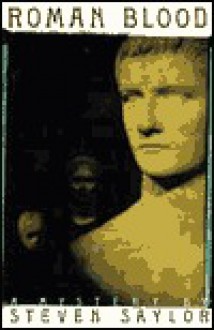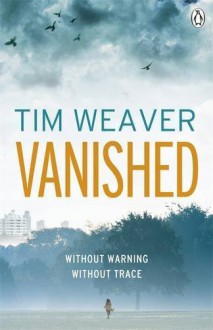
Gordianus, who is also called the Finder is called upon by Cicero, the famed Roman orator and lawyer to take up the historical case of the parricide of Sextus Roscius. Gordianus accepts the case and starts looking for the truth, immediately seeing that the seemingly simple case is not simple at all. Threatened and laid off the case, he still digs for the truth, as the book moves towards a great finish.
The main problem I face while reading a Historical Whodunnit is that many a times the History overshadows the Crime and its solution. This book was not written that way. Saylor kept enough amount of history to make keep the ambience intact, and the reader interested in the historical perspective, he even used actual Historical figures, but throughout the book never did I once forget the fact that ultimately I am reading a piece of crime fiction, set in Ancient times. Throughout the book Saylor maintained the tense atmosphere of a crime novel, where the protagonist searches for an elusive truth, while being physically in danger and the characters around him either adds to the puzzle or helps him solve the puzzle.
Gordianus came out as a normal man, without any extra ordinary straits like extreme unhygienic or mood swings like a cricket ball. He is a normal man, with normal tastes and attributes. Though for a Roman his attitude towards his slave was too human to be true. But I guess he was one of those EXCEPTIONS back then who saw slaves as humans too.
A definitely enjoyable piece of crime fiction. Will surely read the rest of the books as the time moves on.

 Log in with Facebook
Log in with Facebook 









